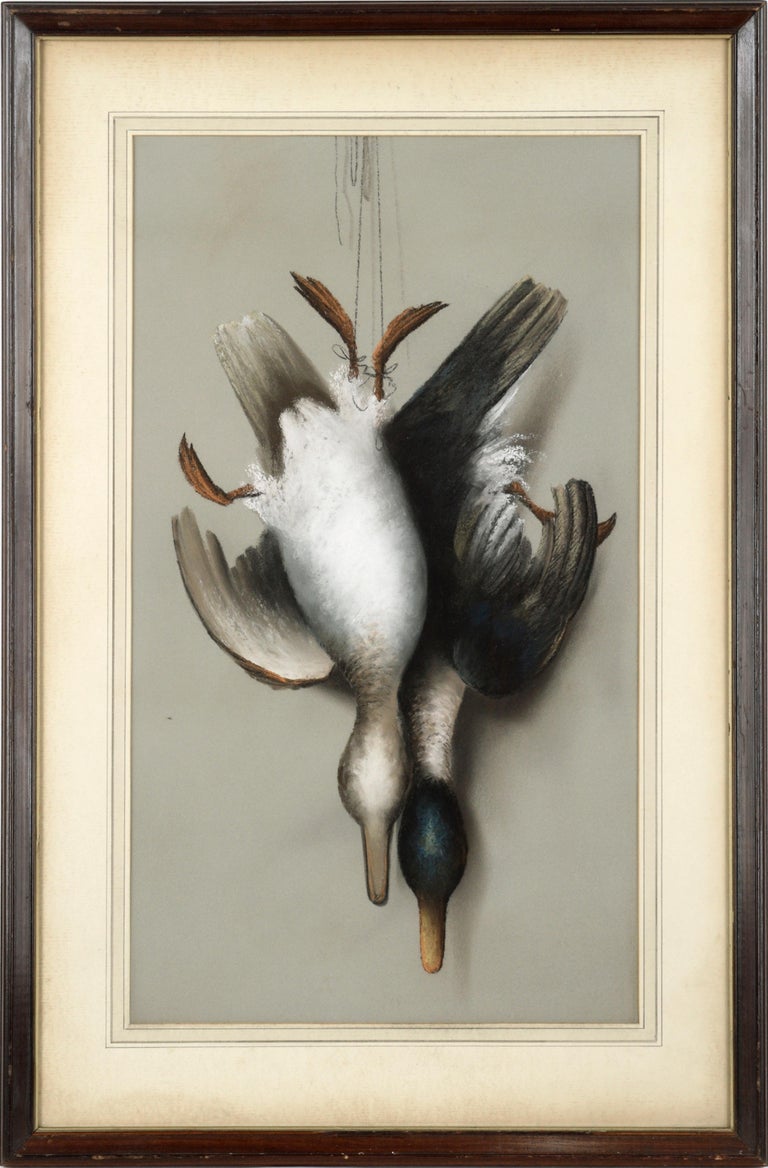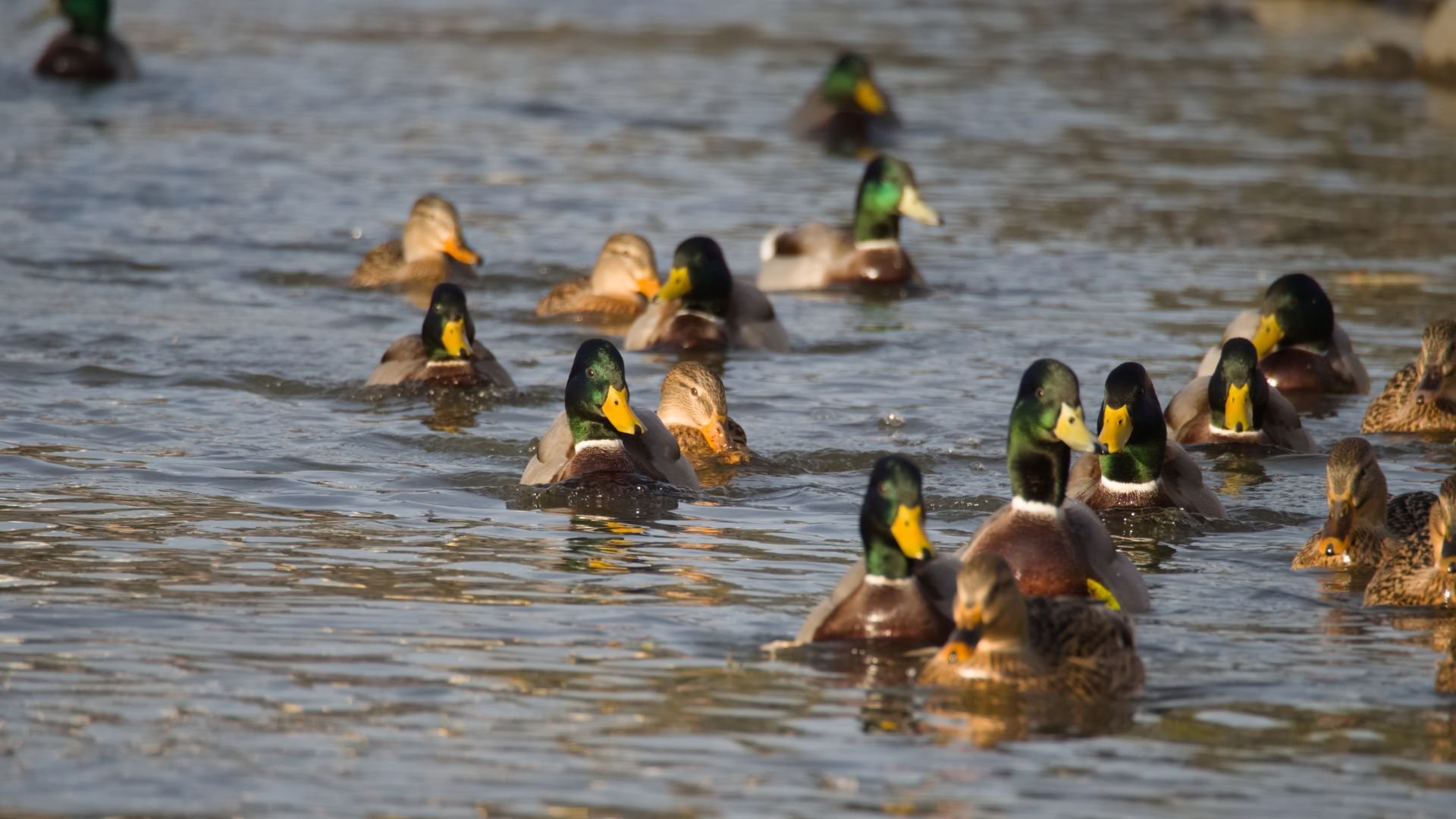Goose hunting over water is a popular activity in Austin, Texas, and it is best done during the first hours of the morning after dawn. While some hunters believe that hunting in the afternoon or early evening is more successful, others prefer the morning hours.
It is legal to shoot a goose on the water, but there are ethical concerns regarding the vulnerability of roosting and sleeping geese. Geese have a unique landing technique in which they stop flapping and quickly roll their bodies upside down to slow down and land safely on the water.
When setting up for a goose hunt over water, it is recommended to choose a location with open water, both upwind and downwind, and avoid tall trees if possible.
Contents
Choosing The Right Location
When it comes to goose hunting over water, choosing the right location is crucial for success. Factors to consider when selecting a hunting location include optimal water conditions and identifying areas with high goose activity. Geese prefer to land in relatively open water, so it’s best to set up in an area with a good amount of water both upwind and downwind from your location.
While low vegetation is acceptable, it’s advisable to avoid tall trees if possible. Additionally, it’s recommended to set up with fewer hunters downwind to avoid spooking the geese. By carefully considering these factors, you can increase your chances of a successful goose hunting experience over water.
Setting Up The Decoy Spread
Geese hunting over water requires careful consideration of the decoy spread setup. There are different decoy setups that can be used to attract geese effectively. One recommended placement technique is to position the decoys in a way that creates a realistic and natural-looking spread.
A key tip is to ensure there is a good amount of open water for the geese to land on. It is better to avoid tall trees and opt for areas with low vegetation. Additionally, setting up with fewer hunters downwind can help increase the chances of a successful hunt.
Remember, geese are more likely to land in areas with ample open water, so planning the decoy spread accordingly is crucial for an effective hunting experience.
Calling Techniques For Waterfowl Hunting
When it comes to calling techniques for waterfowl hunting, there are specific types of calls to use when hunting geese over water. One strategy is to mimic natural goose sounds, effectively communicating with geese using calls. By using calls that sound like real geese, hunters can attract and lure in geese for a successful hunt.
It is important to choose calls that accurately replicate the sounds of geese in their natural habitat. Additionally, hunters should practice their calling techniques to ensure they are effectively communicating with the geese and enticing them to come closer. Successful goose hunting over water requires mastering these calling techniques and using them strategically to create a realistic and irresistible invitation for the geese.

Credit: www.1stdibs.com
Frequently Asked Questions Of Goose Hunting Over Water
How Do You Hunt Geese Over Water?
To hunt geese over water, choose a location with open water and minimal vegetation. Set up with a good amount of water upwind and downwind. Avoid tall trees and have fewer hunters downwind. Hunting in the morning or afternoon can be successful.
Shooting geese on the water is legal but consider ethical concerns. Geese often flip over in the water to slow down for landing.
What Is The Best Time Of Day To Hunt Geese Over Water?
The best time to hunt geese over water is during the first few hours after dawn, although some hunters find success in the afternoon or early evening.
Is It Ethical To Shoot Geese On The Water?
It is legal to shoot geese on the water. However, there are ethical concerns regarding the vulnerability of roosting and sleeping geese.
Why Do Geese Flip Over In The Water?
Geese flip over in the water to slow themselves down for a safe landing. They stop flapping and quickly roll their bodies upside down.
Conclusion
When it comes to goose hunting over water, there are some key tips and strategies to keep in mind. First, choose an area with a good amount of open water both upwind and downwind of your location. This will increase your chances of attracting geese.
Avoid areas with tall trees, as geese prefer open spaces for landing. Additionally, try to set up with fewer hunters downwind of your location, as this can increase your success rate. Remember that the best time of day to hunt geese over water is typically during the first hours of the morning after dawn, although some hunters have had success in the afternoon or early evening.
While it is legal to shoot geese on the water, there are ethical considerations to keep in mind. Some believe it may be unfair to vulnerable roosting and sleeping geese. Finally, observe how geese flip over in the water when landing to slow themselves down and ensure a safe landing.
By following these tips, you can improve your game and have a successful goose hunting experience over water.

